Advertisement
The rise of AI tools like ChatGPT has opened up new doors for productivity and creativity. As more people look for ways to integrate this powerful technology into their daily routines, third-party apps and browser extensions that offer access to ChatGPT have become quite popular. However, with the increasing use of such tools, a common question arises: Are these third-party apps and browser extensions safe? While they might promise convenience, it’s important to consider the risks and make informed decisions about using them.
Before diving into the safety aspects, it’s important to understand what third-party ChatGPT apps and browser extensions actually are. These tools allow users to interact with ChatGPT through platforms other than OpenAI's official website or app. They may offer additional features, streamlined interfaces, or integrations with other services, enhancing the user experience. For example, a third-party browser extension could allow you to use ChatGPT directly within your email inbox, saving you time by generating responses without opening a separate tab.
While these extensions and apps can be very helpful, they exist outside the official OpenAI environment, and there are potential security and privacy issues. These apps use their own infrastructure, and in most instances, they might gather and process user information differently from OpenAI's privacy policies. This is where prudence comes in.
When you utilize third-party apps or extensions, you're basically trusting a developer who might or might not adhere to the same security and privacy standards that OpenAI has implemented. Some of the risks associated with these tools include:
One of the biggest concerns with third-party ChatGPT tools is how your data is handled. OpenAI has clear privacy policies and controls in place to safeguard user data. However, when using third-party apps, the way your interactions are processed can vary widely. Many of these apps or extensions ask for access to your personal data, like browsing history or even sensitive information you input into ChatGPT, which could then be stored or sold to third parties.

Not all third-party apps or extensions are built with the same level of security. Some may contain malware, adware, or other forms of malicious code that can compromise your device or steal personal information. These tools might be disguised as helpful ChatGPT enhancements but could have harmful intentions behind their sleek interfaces.
While OpenAI’s official platform provides robust support for troubleshooting and resolving issues, third-party tools may not. If something goes wrong—whether it’s a malfunction or a breach of your privacy—getting assistance can be challenging. The lack of official support can make it difficult to determine whether the app is safe to use or if any data you’ve shared is at risk.
Security vulnerabilities are a reality for all software. When you rely on third-party tools, the frequency and quality of updates may not match OpenAI’s standards. If developers do not keep their apps and extensions up to date with the latest security patches, your data could be exposed to security risks.
Not all third-party tools are inherently unsafe, but assessing whether one is secure involves taking a few critical steps. Here’s what you should do before you start using a third-party ChatGPT app or browser extension.
Start by looking into who is behind the app or extension. Do they have a history of building trustworthy software? Look for reviews, ratings, and comments from other users. If the developer is well-known and has a solid track record, the tool is more likely to be safe. Be wary of developers with no visible online presence or transparency regarding how they handle data.
Every legitimate app or extension should have a clear privacy policy and terms of service that outline how your data is collected, stored, and used. Make sure the policy aligns with your expectations for privacy and security. If the privacy policy is vague or if it promises to share your data with third parties without your consent, it's a red flag.
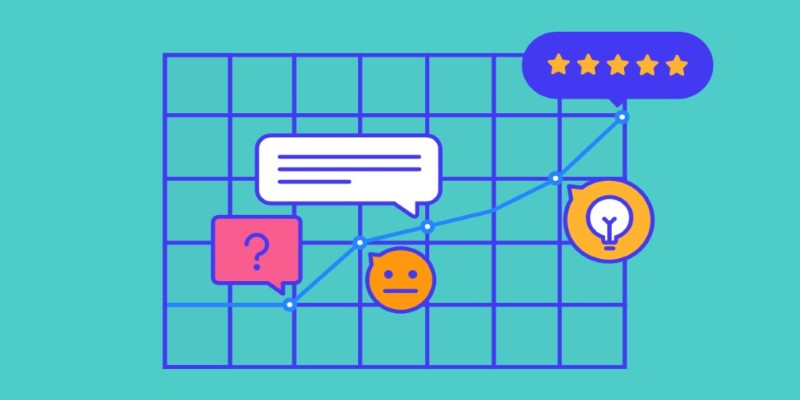
Explore user reviews and ratings before installing any third-party tools. Genuine feedback can reveal issues like security concerns, malfunctioning features, or unexpected data collection practices. The more detailed and varied the reviews, the better sense you’ll get about the app’s safety.
When installing an extension or app, always review the permissions it requests. A well-designed app won’t ask for excessive access to your device or personal data. If an app or extension is asking for more information than it reasonably needs to function, it’s a sign that it may not be trustworthy.
Whenever possible, download third-party apps or extensions from reputable platforms, such as the official app store for your browser or device. These platforms often have guidelines and security measures in place to ensure that apps meet certain standards before they’re allowed on their store.
Given the concerns mentioned above, you may be wondering if there’s a safer way to access ChatGPT without relying on third-party tools. The answer is simple: sticking to OpenAI’s official platform is the most secure option. OpenAI ensures that the latest security measures are in place to protect user data, and their terms of service and privacy policies are clear and transparent.
However, if you need specific features that third-party tools offer, such as integration with other apps or customizable workflows, proceed with caution, only use trusted third-party tools that align with OpenAI's privacy standards, and always prioritize your security over convenience.
While third-party ChatGPT apps and browser extensions offer convenience and expanded functionality, they come with potential risks. Data privacy concerns, the possibility of malicious software, and inconsistent updates can jeopardize your safety online. Before using these tools, carefully assess their reputation, privacy policies, and user feedback. If you’re looking for the most secure and reliable experience, using OpenAI’s official platform is your best bet. If you do choose to explore third-party options, make sure to prioritize safety by using tools from trusted sources and reviewing the developer’s background.
Advertisement

Trying to choose between Bard, ChatGPT, and offline Alpaca? See how these language models compare in speed, privacy, accuracy, and real-world use cases
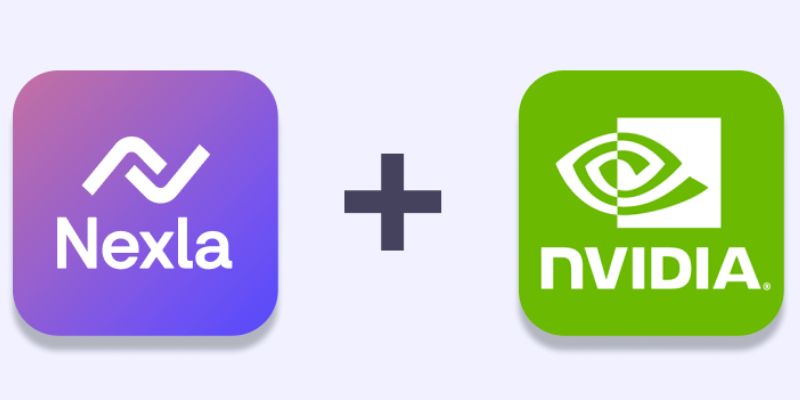
Nexla's Nvidia NIM integration allows scalable AI data pipelines and automated model deployment, boosting enterprise AI workflows
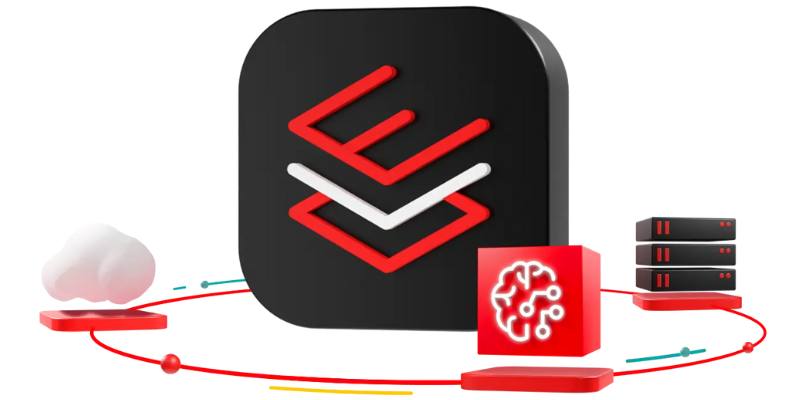
Discover how IBM and Red Hat drive innovation in open source AI using RHEL AI tools to power smarter enterprise solutions.

Ever wanted to make lip sync animations easily? Discover how Gooey AI simplifies the process, letting you create animated videos in minutes with just an image and audio

Wondering if third-party ChatGPT apps are safe? Learn about potential risks like data privacy issues, malicious software, and how to assess app security before use

Case study: How AI-driven SOC tech reduced alert fatigue, false positives, and response time while improving team performance

Think My AI is just a fun add-on? Here's why Snapchat’s chatbot quietly helps with daily planning, quick answers, creativity, and more—right inside your chat feed

Many organizations still lag in adopting AI due to reluctant leadership, fear of unexpected outcomes, and lack of expertise

Can ChatGPT replace a doctor? Learn why relying on AI for medical advice can lead to dangerous oversights, missed symptoms, and biased answers

Curious about AI prompt engineering? Here are six online courses that actually teach you how to control, shape, and improve your prompts for better AI results
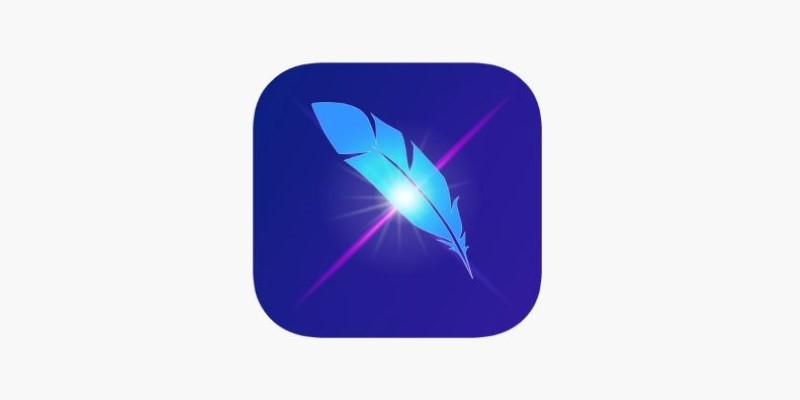
Learn how to create the perfect headshot using LightX Photo Editor. This step-by-step guide covers lighting, background edits, retouching, and exporting for a professional finish
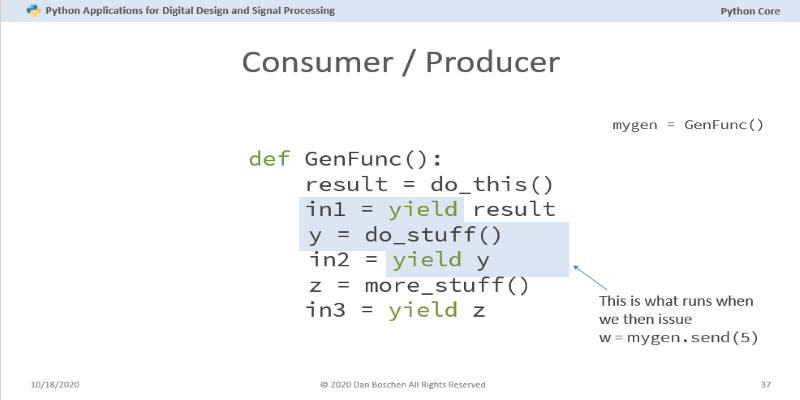
Curious about Python coroutines? Learn how they can improve your code efficiency by pausing tasks and running multiple functions concurrently without blocking